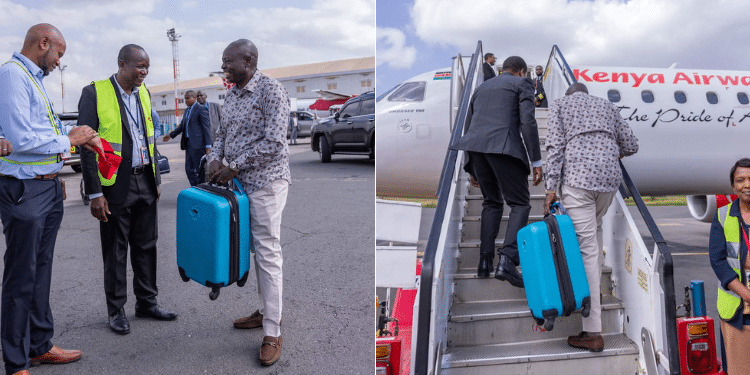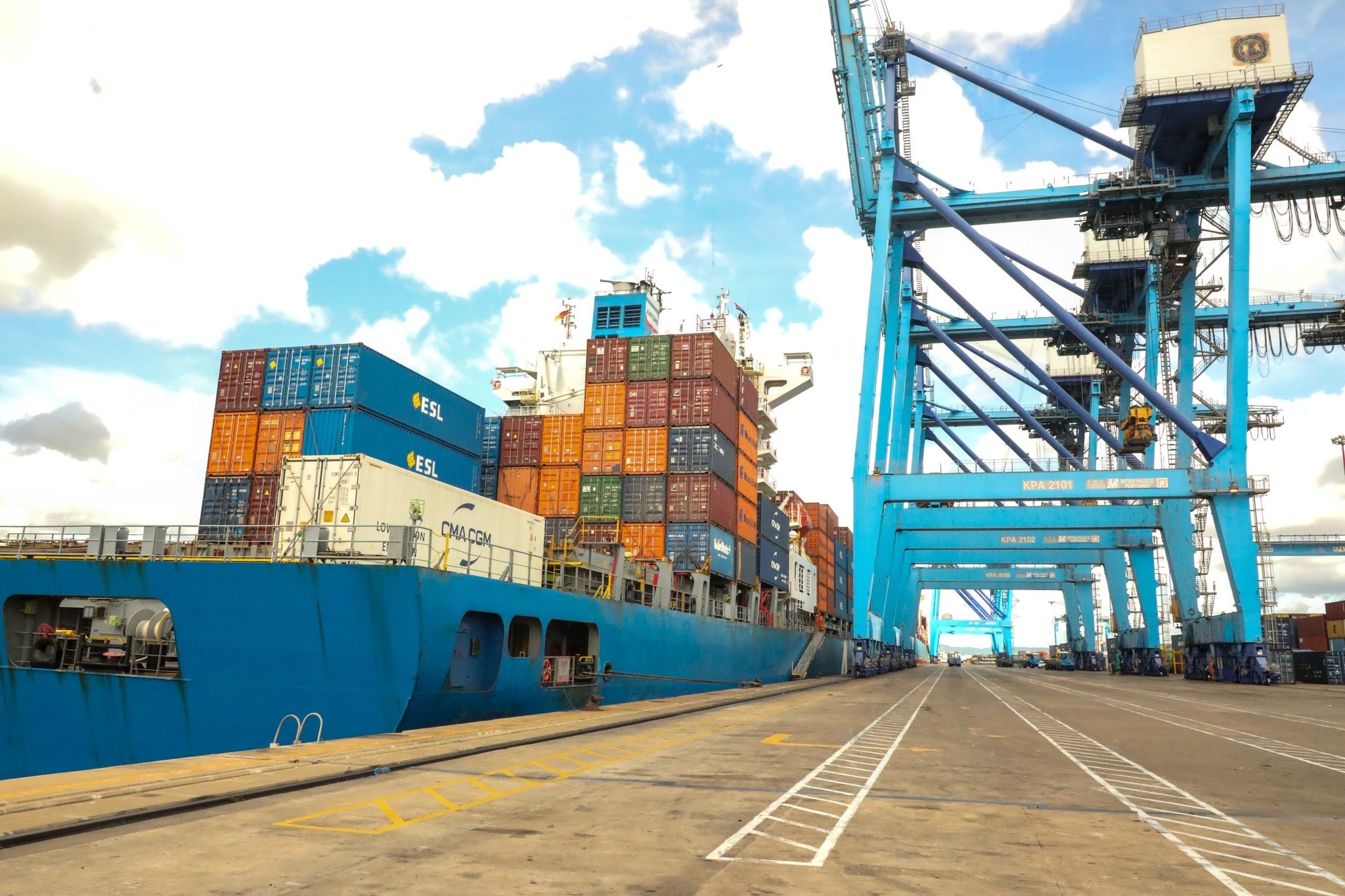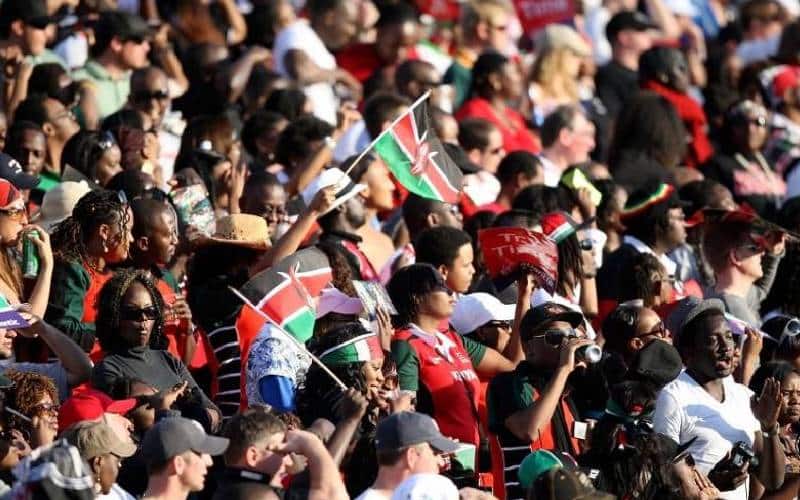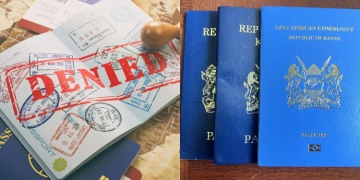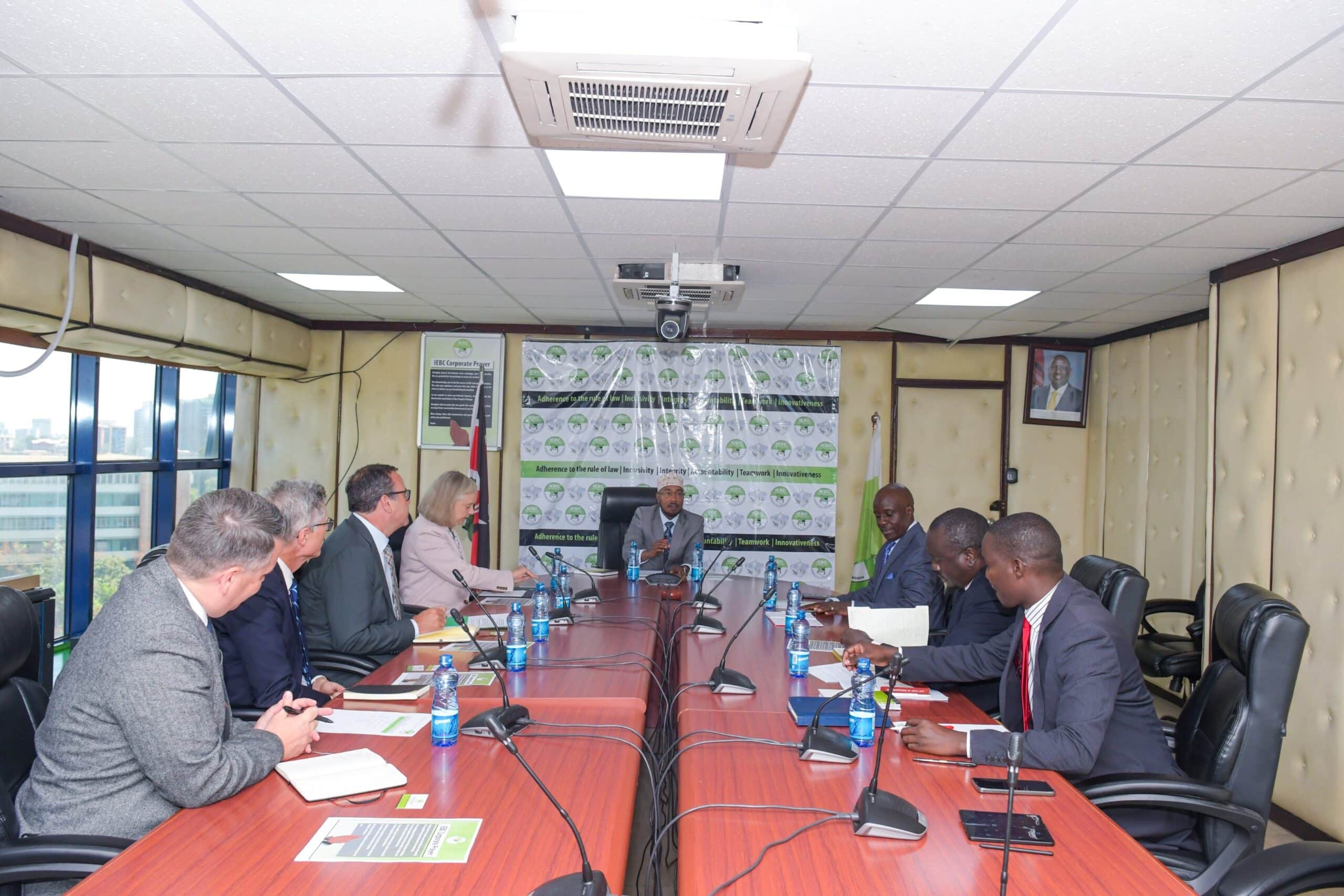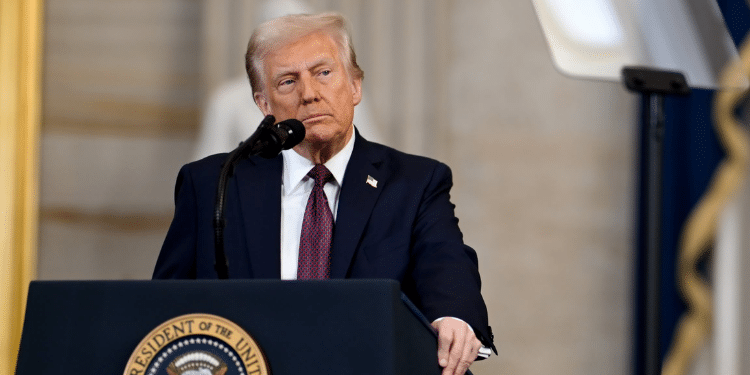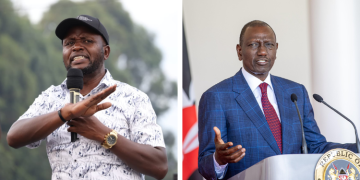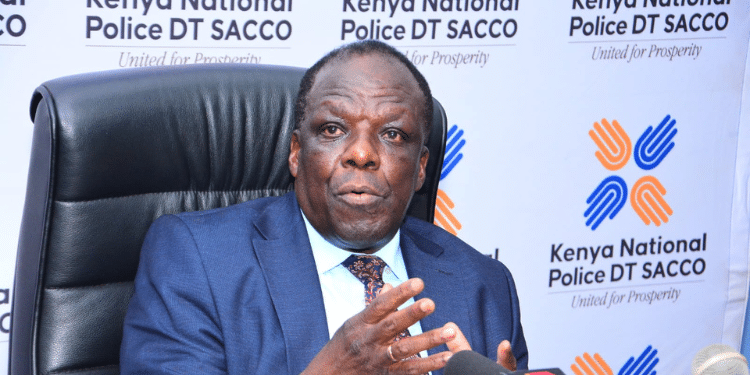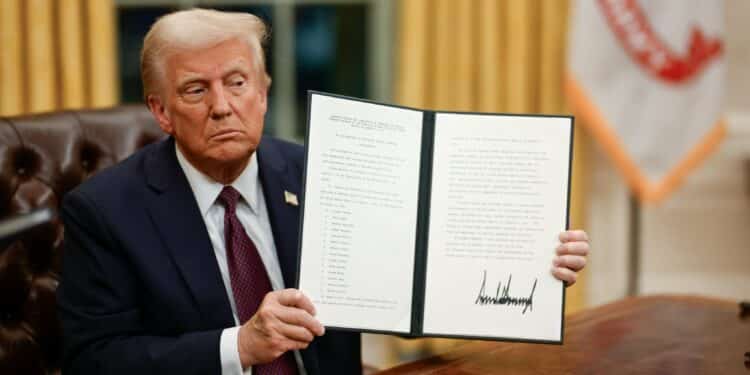In a move that threatens to reshape Africa’s trade landscape and weaken long-standing partnerships, the United States has slapped new tariffs on 51 African countries—some as high as 50%. The new trade policy, framed under the guise of “reciprocity,” is wreaking havoc on economies already reeling from aid cuts, fragile markets, and health crises. While fossil fuels and critical minerals escape the blow, the sectors that power Africa’s dreams of industrialization—textiles, automobiles, and manufacturing—are being throttled.
Nowhere is the pain more acute than in Lesotho, a tiny, mountainous country with a population of just over two million. The U.S. has imposed a punishing 50% tariff on its exports—second only to China. This move endangers the country’s textile industry, which accounts for 90% of its manufacturing exports and is the largest private employer in Lesotho.
“The country’s economy will be dead,” said one Lesotho-based analyst, a grim assessment that rings ominously true. Lesotho’s entire GDP in 2023 was just $2 billion—smaller than that of Rhode Island, the smallest U.S. state. More than half the population lives below the poverty line, and the country is still grappling with one of the highest HIV/AIDS prevalence rates in the world.
The implications are profound. Lesotho is deeply reliant on U.S. trade, which made up 28% of its total exports in 2022. With the textile sector providing livelihoods to tens of thousands—mostly women—the new tariffs are not just economic hurdles but social time bombs. Job losses will mean more children pulled from school, more households going hungry, and fewer people able to access life-saving healthcare.
Africa’s Value Chain Under Siege
Lesotho’s plight is not an isolated case. On average, African countries are now facing a 15.9% tariff on exports to the U.S. But this average conceals a troubling asymmetry. While 31 African nations face the U.S. minimum 10% tariff, 20 others are hit with even higher rates, some rivaling those imposed on global trade giants like China.
Among the hardest hit are Côte d’Ivoire, Madagascar, Malawi, and Zimbabwe—economically fragile countries that had been trying to climb the industrial ladder. The tariffs could dismantle years of progress and reverse hard-earned gains in employment, manufacturing, and export diversification.
Also Read: Govt Explains How Kenya Will Gain from Trump Tariffs Imposed on Exports
Though the policy technically treats all countries the same under a “reciprocity” model, it fails to account for the vastly unequal starting points. Lesotho and China are not economic equals. Yet both now face similarly high trade barriers under Washington’s new stance.
And while critical minerals and fossil fuels are exempt, this loophole only underscores the imbalance. Africa’s raw material exports remain untouched, encouraging a status quo where the continent continues to serve as a global resource basket rather than a hub of industrial innovation. The message from Washington seems clear: “We want your raw materials, not your finished goods.”
South Africa: A Bellwether on the Brink
Even South Africa, the continent’s most developed and diversified economy, is not spared. Facing a 31% tariff on exports to the U.S., it risks devastating consequences for its $2 billion automotive industry, which ships mostly high-end SUVs and parts to the American market.
The tariffs have sent shockwaves through the industry, with manufacturers blindsided, contracts in limbo, and investors jittery. Industry leaders warn that American buyers are already rethinking orders, threatening jobs, factory operations, and South Africa’s hard-won status as a regional manufacturing hub.
The South African government has condemned the tariffs as “punitive” and is racing to negotiate a bilateral workaround. But damage may already be done. The country plays a keystone role in the African manufacturing ecosystem, supplying logistics, engineering expertise, and parts to other African nations. If South Africa falters, the economic tremors will be felt across the continent.
A Strategic Misstep for the U.S
For decades, Washington positioned itself as a development partner to Africa, supporting trade, aid, and investment through initiatives like the African Growth and Opportunity Act (AGOA). The new tariff regime marks a sharp departure from this legacy and risks ceding geopolitical ground to China and the European Union.
Both Beijing and Brussels have already begun to capitalize on Washington’s retreat, offering African nations alternatives in trade, infrastructure, and diplomacy. In 2023 alone, Chinese trade with Africa reached over $280 billion, dwarfing U.S. figures. By alienating key African partners, the U.S. is effectively pushing the continent into the arms of its global rivals.
Also Read: Kenya Among 20 Countries Hardest Hit by Trump Funding Cuts [FULL LIST]
The economic fallout may also fuel political instability. Youth unemployment in many African countries remains dangerously high, and trade shocks could further inflame public discontent. As governments struggle to plug budget holes left by both aid cuts and tariff losses, their ability to invest in education, healthcare, and infrastructure will dwindle.
Time for a Rethink
If the goal of the U.S. tariffs was to establish fairer trade terms, they have missed the mark. Reciprocity, when measured by percentages rather than by context, punishes the weak and rewards the powerful. What Africa needs is not a hammer, but a hand—one that acknowledges the continent’s unique challenges and supports its industrial ambitions.
The U.S. still has time to reverse course. Reinstating preferential trade terms, particularly for the most vulnerable countries, would be a start. So would carving out exemptions for labor-intensive industries like textiles and auto parts. More fundamentally, Washington must return to its role as a partner in Africa’s development—not merely a consumer of its resources.
Lesotho, South Africa, and others are not asking for charity. They are asking for a chance—to grow, to trade, and to thrive in a global economy that too often stacks the deck against them.
If the U.S. truly wants to promote democracy, stability, and prosperity in Africa, it must look beyond tariffs and see the people behind the products—millions who depend on fair trade, not punitive policies, to build better lives.
Follow our WhatsApp Channel and X Account for real-time news updates.



